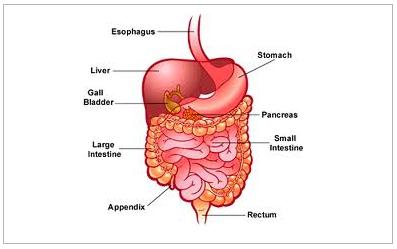Common Disease Conditions of Skin
This post is dedicated knowing something about some abnormal conditions of the skin. We will see one by one now. Eczema is also known as atopic dermatitis. Impetigo is a skin infection type, which has a quality of spreading and which causes itching and crusted sores. The common cause of impetigo is Strep or Staph. Folliculitis is an abnormal condition of inflammation of hair follicles. A furuncle or a boil is a deep solitary abscess. Acne may be in the form of a comedone, papule, pustule, or a cyst, which are all manifestations of acne. Hirsutism is an abnormal condition where a person with a lot of body hair. Cellulitis is nothing, but a localized soft tissue infection with swelling, redness, pain, and fever. Athlete's foot is also called as tinea pedis. Shingles is also known as herpes zoster. Vitiligo forms patches of depigmentation widely distributed over the skin of a person due to the destruction of pigment cells. An albino is a ...

